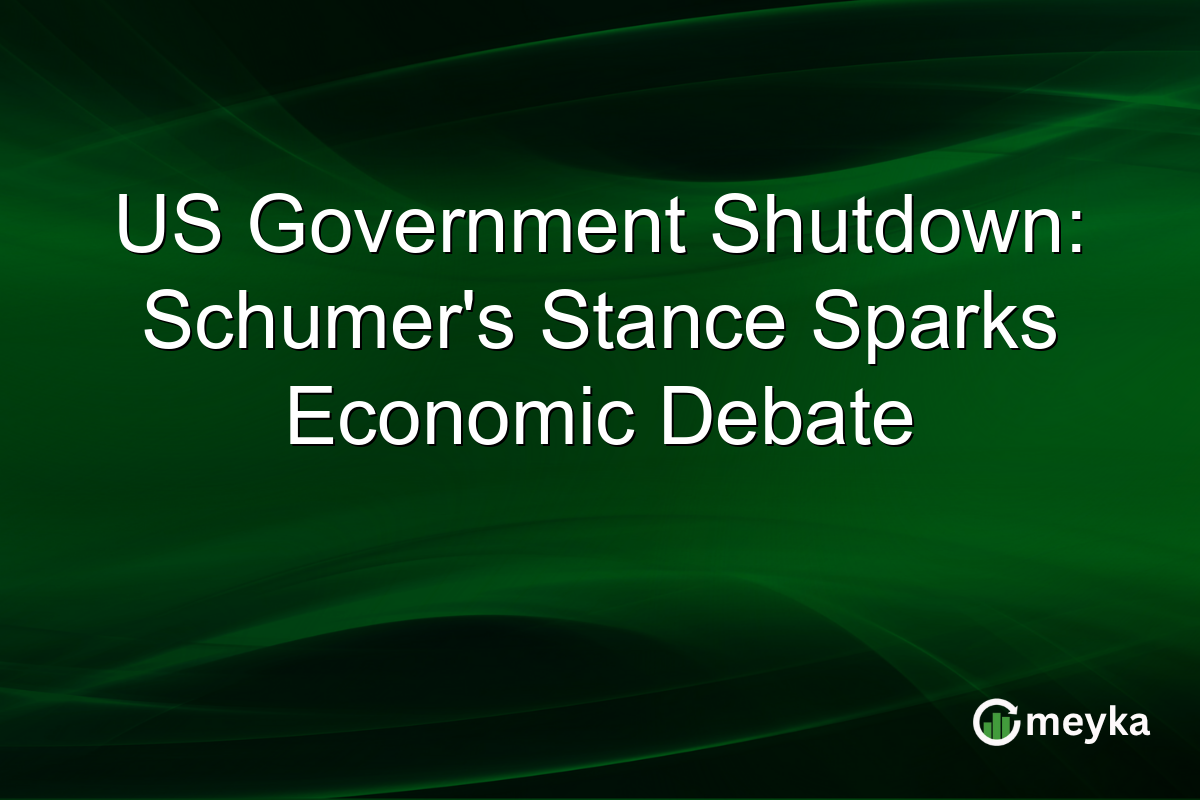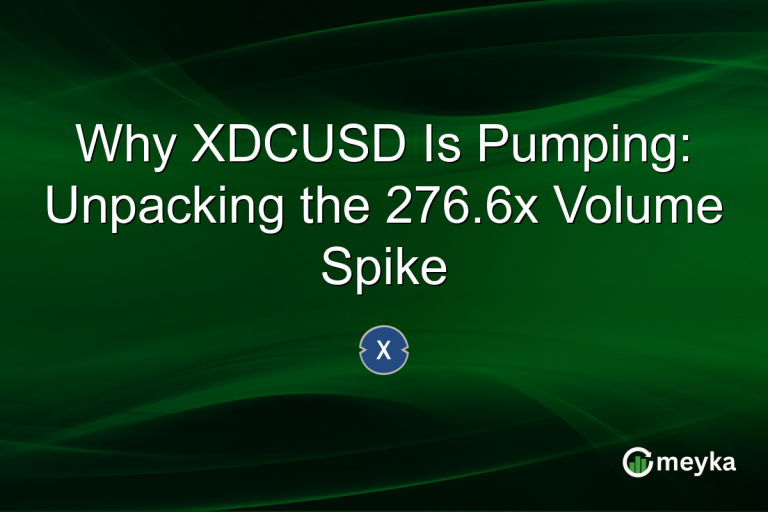US Government Shutdown: Schumer’s Stance Sparks Economic Debate
The US government shutdown has resurfaced, affecting essential services and stirring economic debate. At the heart of this situation is Senate Democratic Leader Chuck Schumer, whose stance has sparked both political and economic discussions. This event raises questions about the shutdown’s impact on the economy and how investor sentiment is shifting amidst uncertainty. We delve into Schumer’s role, the economic implications, and the broader political context.
Continue Reading on Meyka
This article is available in full on our main platform. Get access to complete analysis, stock insights, and more.
Read Full Article →





